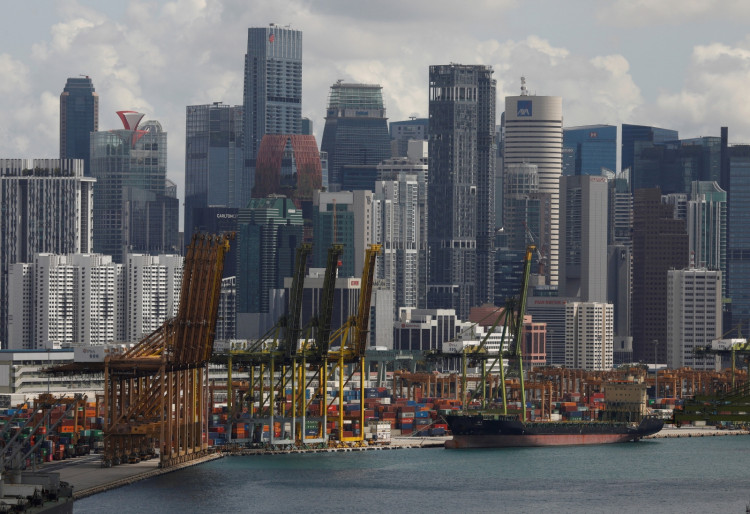On Tuesday, Indonesia and Singapore signed a series of critical defense and diplomatic agreements that appeared to signal a turning point in their Southeast Asian neighbors' relations.
Both parties agreed that Jakarta would now have control of the airspace above the Indonesian archipelago's northernmost islands in the Natuna Sea, which is adjacent to the disputed South China Sea.
President Joko Widodo of Indonesia and Prime Minister Lee Hsien Loong of Singapore presided over the signing of the three historic agreements on Tuesday during their leaders' retreat.
Lee emphasized the importance of the agreements in advancing bilateral relations and improving on other major interests.
The signings come after Widodo and Loong met on the Indonesian island of Bintan during their annual leaders' retreat.
The signing ceremony took place on the Indonesian resort island of Bintan, which is adjacent to Singapore.
The two countries initially signed a similar defense agreement in April 2007, but it was never implemented because of opposition in Indonesia's Parliament.
Since 1946, Singapore has administered the airspace above the Riau Islands under the auspices of the International Civil Aviation Organization (ICAO), but Indonesia has sought to reclaim it in recent years in order to assert sovereignty over its borders.
They also signed a treaty allowing Jakarta to repatriate fugitives, including wealthy Indonesians believed to have sought refuge in the city state using millions of dollars in liquidity funding provided by the Indonesian government following the 1997 Asian financial crisis.
The extradition agreement will apply to individuals who have committed 31 different types of crimes and will cover offenses committed up to 18 years ago, according to a statement from Indonesia's investment and maritime affairs ministry.
Additionally, the agreement would mean that individuals would be unable to evade justice by changing their citizenship, it stated.
Susilo Bambang Yudhoyono and Prime Minister Lee oversaw the signing of an extradition treaty and a defense cooperation agreement in 2007, but they were never ratified by Indonesia's parliament.
The defense cooperation agreement significantly strengthens Singapore's capability to conduct naval and military exercises in the wake of regional tensions over China's rise.
The island city-state lacks the necessary maritime, land, and airspace to train its military effectively. Indonesia, which controls vast land and sea areas, has agreed to allow Singapore to conduct naval exercises with other nations in the South China Sea's Bravo area four times a year - terms that previously infuriated Indonesian legislators.






